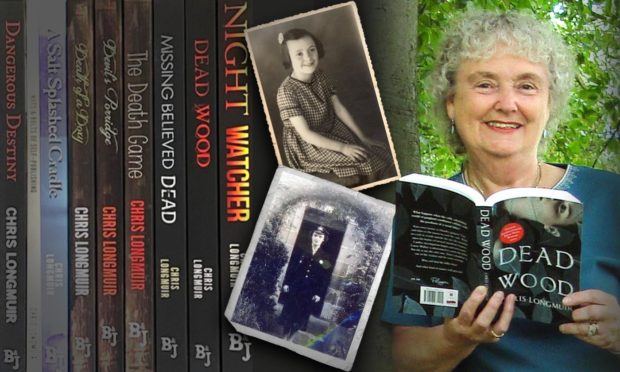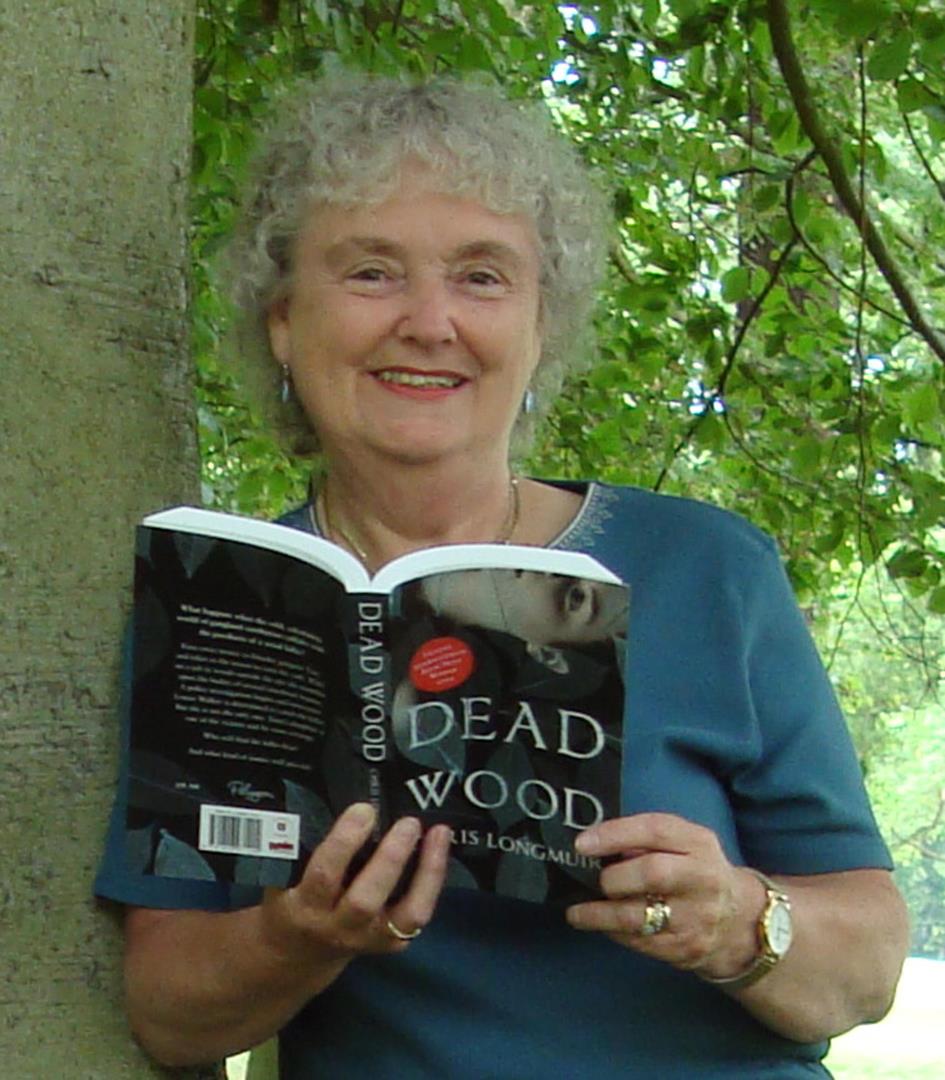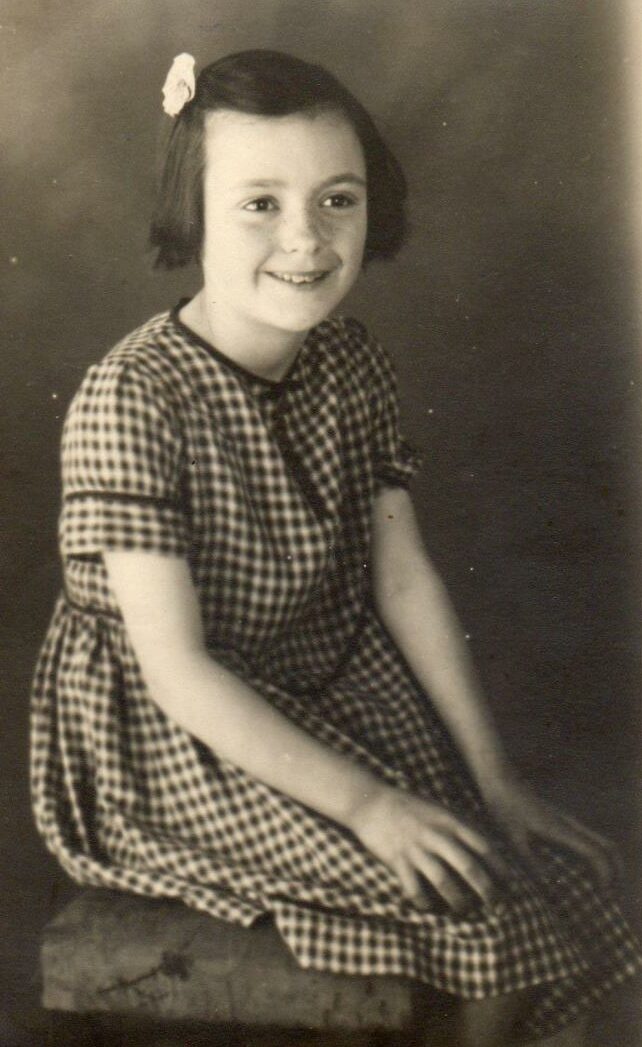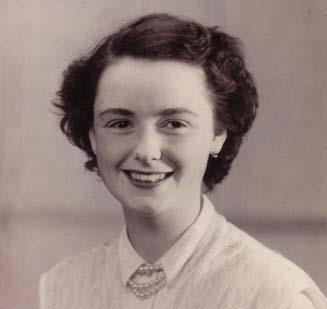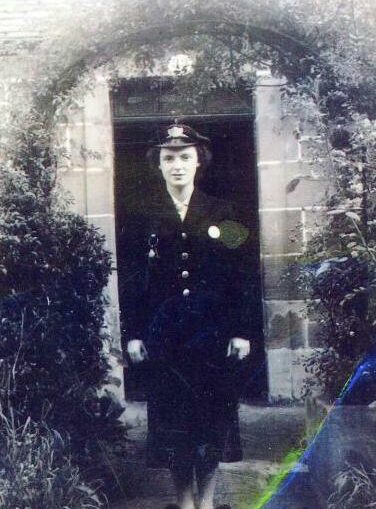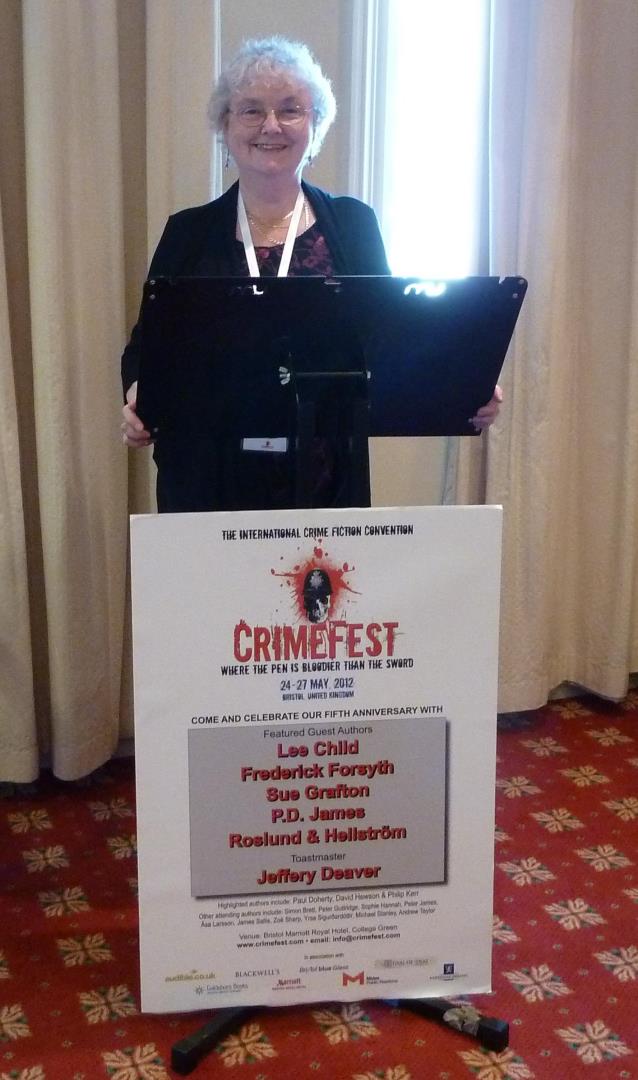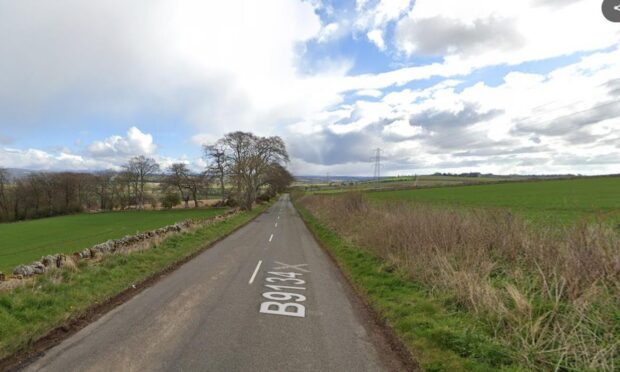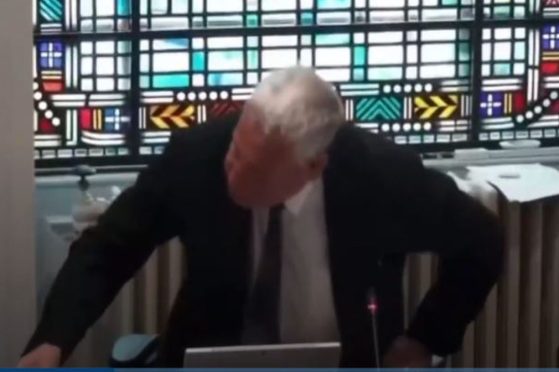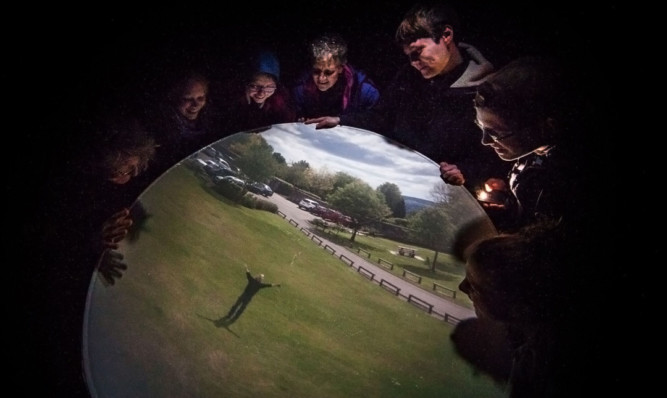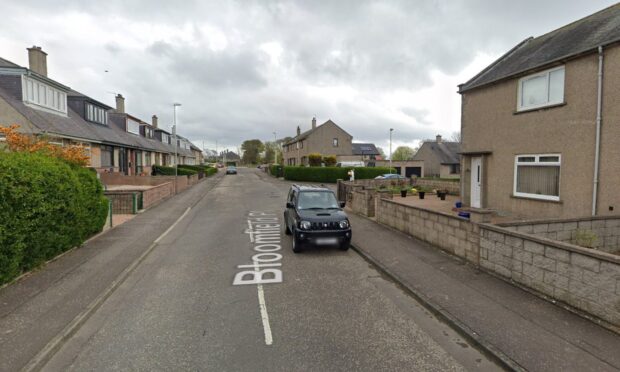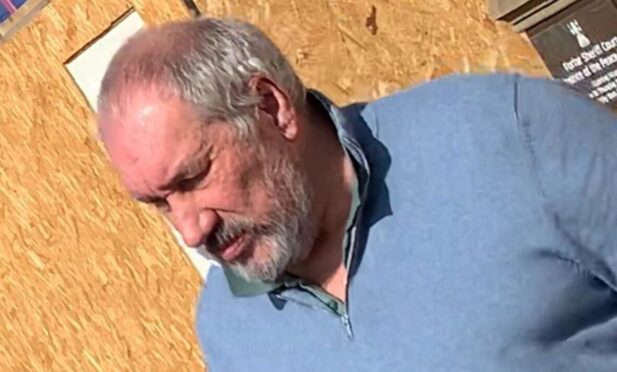A Montrose woman thought to be Tayside’s oldest novelist says writing is an “addiction”.
Chris Longmuir, 84, has already penned 10 published books and does not plan to stop anytime soon.
The one-time winner of the Dundee International Book Prize is currently writing her latest contemporary thriller set in the city.
After that, she plans to pen a follow-up to an historical saga based on Ferryden, next to Montrose.
And when she is not writing Chris has another fun hobby – building computers from scratch.
Her energy levels are remarkable given she retired 20 years ago.
“I am probably the oldest author in the area,” she says.
“There’s no sign of me stopping yet.
“Writing is like an addiction – it’s not something you choose to do but because you have to do.”
In this feature Chris also talks about:
- Running away from her dad to be with her mum – “the biggest regret of my life”.
- Working as a bus conductor.
- Her tips for those who want to self-publish.
‘I always felt I wasn’t good enough’
Chris Longmuir has come a long way from the “inferiority complex” she suffered as a child.
In 1945 the Second World War ended and so did the marriage of her parents Alex and Ethel Barker.
Aged nine, she moved in with her dad and gran Helen in Montrose. It was a difficult time.
“I always felt I wasn’t good enough,” recalls Chris. “Granny’s ethos was that if you say you are good at anything you are boasting.
“I had a big inferiority complex and was quite shy.
“I rarely believed anyone wanted to be friends with me.
“It meant I read a lot of books and lived in an imaginary world.”
‘She said that all I’m good for is reading’
After two years at her dad’s she left to be with her mum in Brechin.
“We had a row after I spilt all the milk,” Chris recalls.
“Granny had a go at me and I thought she was angry.
“She said that all I’m good for is reading and spending time in the library.
“So I left to be with my mum. It was the biggest regret of my life because there was no bond between us at all.”
Memories as a clippie
Chris left school, without any qualifications, at the age of 15.
She worked at the Montrose Woolworths, in an office and then as a spinner in a cotton mill.
At 18, by which point she had moved back in with her dad, Chris became a bus conductor – also known as a clippie – on Alexander’s Bluebird Buses throughout Angus.
“We got the same salary as the drivers so I was making £11 a week on the buses. It was great because most people were only earning a couple of quid.”
After marrying Ernie Longmuir she ran her own crafts and wool shop in Montrose High Street, next to Woolworths.
‘Dark underbelly’ of Dundee
In the early 1980s she gained a degree at Dundee University and moved into social work.
She became a social worker, first of all in Dundee, where she learnt all about the “dark underbelly” of the city.
Then latterly she worked for Angus Council in a variety of social work posts including criminal justice, probation, child care, as well as a secondment to implement a new software programme for the council.
At the time of Chris’s retirement in 2001 she was the Assistant Principal Officer for Adoption and Fostering.
Inspiration from Scotland’s first policewoman
By then Chris’ main attention had turned to writing.
In 1990 she began to scribe short stories that were soon published in the People’s Friend, My Weekly, Dark Horizons (British Fantasy Society magazine), and small press anthologies.
She moved on to historical crime novels and wrote The Death Game featuring policewoman Kirsty Campbell, a former suffragette.
I am the kind of person who is curious and doesn’t like to be beaten by anything
The inspiration for Kirsty’s character was Dundonian Jean Thomson, who is thought to be Scotland’s first policewoman.
It came second in the SAW (Scottish Association of Writers) Pitlochry Trophy competition in 2000 but remained unpublished.
Two of her contemporary crime novels, Night Watcher (2001) and Dead Wood (2008) both won the SAW Pitlochry Award. Neither was published.
Polygon split over royalties
However, the following year Dead Wood won the Dundee International Book Prize and scored Chris a £10,000 large cash prize as well as a publishing deal with Polygon.
With the cash she purchased an Apple Mac laptop and went to Venice on the Orient Express.
Although Dead Wood meant one of her books had finally hit the shelves, Chris split with Polygon over royalties and decided to self-publish.
She set up her own company and initially put out her novels as ebooks before selling them in printed format.
‘Dundee and crime is the mix I use’
Her best selling books so far are the three novels in the Dundee Crime Series.
Night Watcher focuses on a stalker and a woman with revenge on her mind.
Dead Wood is more of a woman in jeopardy sort of novel which features a serial killer, gangsters, drug users and pushers, and women on the game.
Missing Believed Dead is a mystery that follows the aftermath of child abduction.
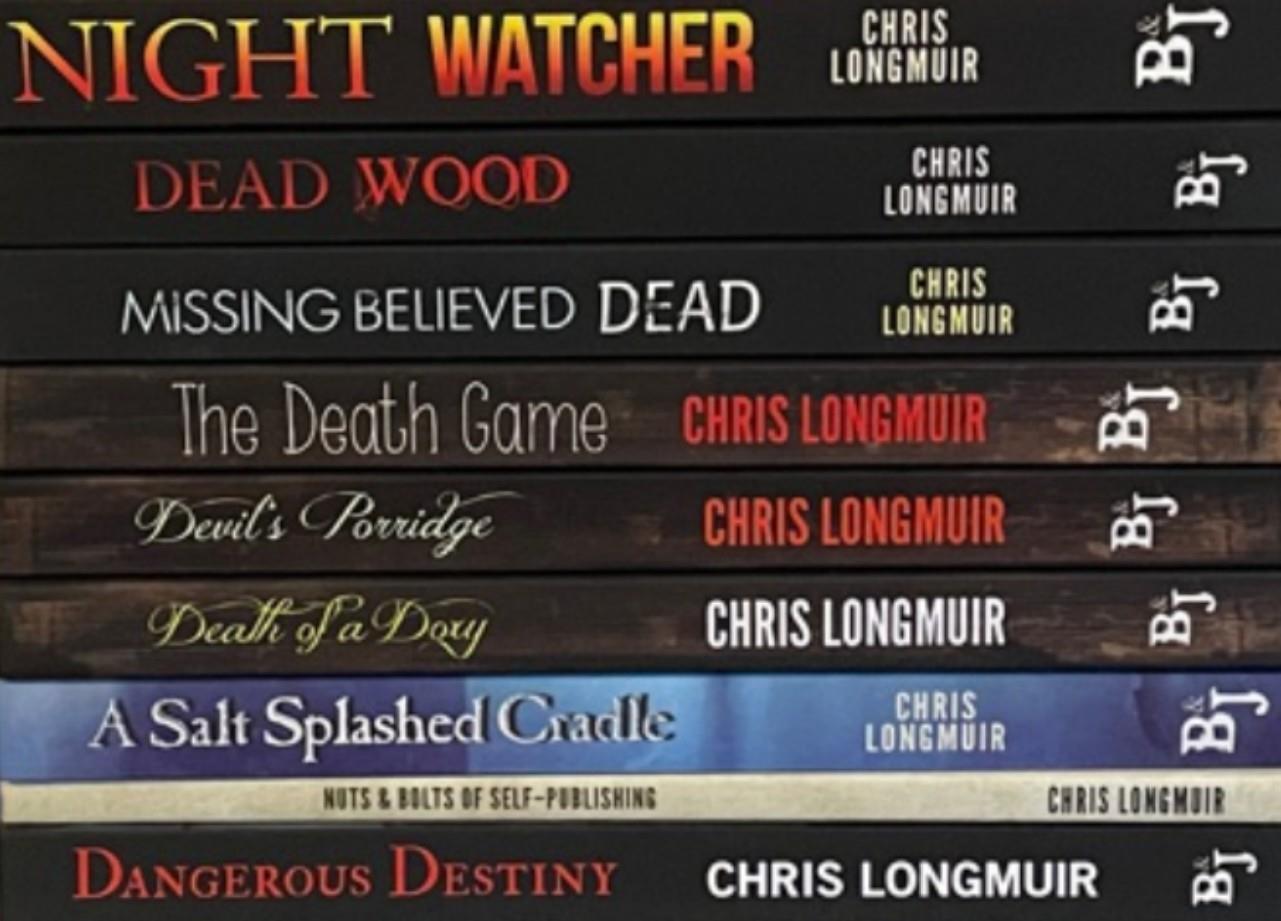
Chris says: “Dundee and crime is the mix I use to create stories about the dark side of life.
“There are no angels in my novels which illustrate the lives of drug users, pushers, gangsters, stalkers, and the people who live in their midst.
“The police characters are no different, they have their own demons to deal with.
“In a depiction of modern-day Dundee, it is difficult to differentiate between the good guys and the bad guys.”
Five tips to self-publish
Chris says she has broken even on the 10 books she has self-published and has readers right across the world including in Australia, Italy, Germany, France, the US.
She offers the following advice for those looking to self-publish.
- Make sure stories are professionally edited.
- Pay for a professional cover if you can afford it.
- Buy your own ISBN, ideally in bulk if you plan to publish several books. This gives complete control over what is entered in a book’s metadata. In the UK you can purchase an ISBN from Nielsen.
- Don’t tie yourself to one seller, such as Amazon.
- Beware of vanity publishers, who authors pay to have their books published. Instead, opt for a publisher who sells you the services so you can self-publish. Refer to Writer Beware and the Alliance of Independent Authors.
The ‘fear’ of computer construction
Chris has come a long way from the unsure child who was only sure that she wasn’t clever.
And she boasts more than just her albeit formidable literary achievements.
For one, she builds computers from scratch to satisfy her thirst for knowledge.
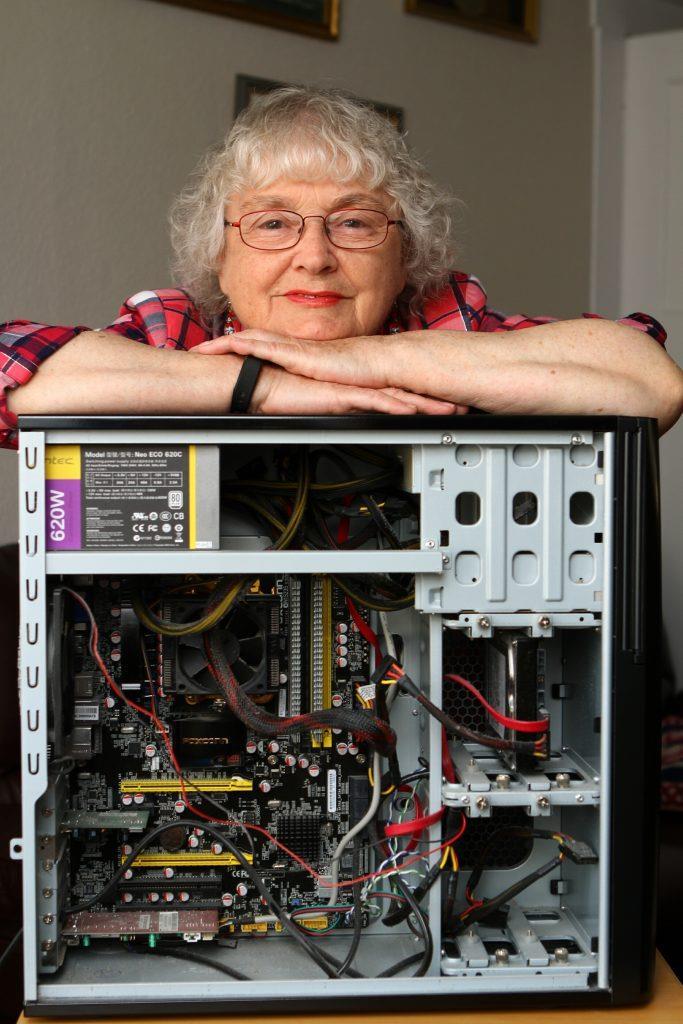
“I am the kind of person who is curious and doesn’t like to be beaten by anything,” she says.
“I did night classes to get a grounding on computers and then ordered the parts separately.
“You can buy the casing and all the components from Amazon.
“When you take a computer apart the main thing to get over is the fear of taking the cover off.”
‘It must be in the genes’
Chris has also taken courses in everything from oil painting and photography to criminology.
She has further expertise in tapestry crochet.
Will she ever slow down?
“You need an interesting life,” she says. “If you just put on your slippers, watch television and do little else then you will age a lot quicker.
“You also need to keep laughing and be optimistic.
“I don’t smoke and try to eat healthily.
“It must also be in the genes because, even though I had no bond with my mother she lived until the age of 101, dying five years ago.
“Hopefully I will live as long.”
Chris’s books can be purchased from her website
